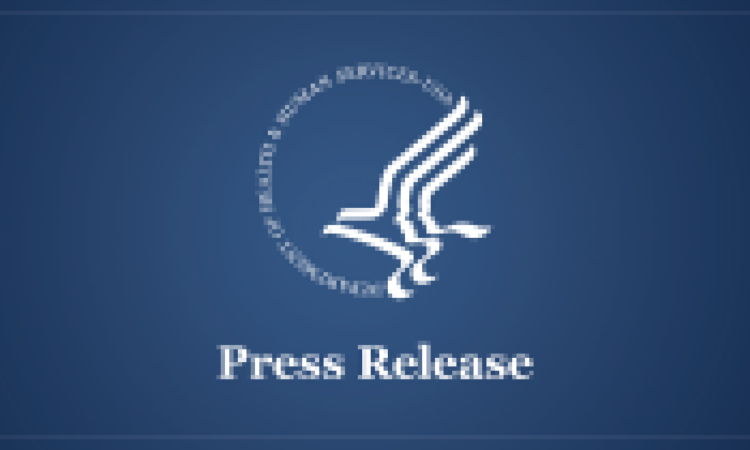The Biden-Harris Administration is taking actions to improve the health of rural communities and help rural health care providers stay open – HHS.gov

An official website of the United States government
Here’s how you know
Official websites use .gov
A .gov website belongs to an official government organization in the United States.
Secure .gov websites use HTTPS
A lock () or https:// means you’ve safely connected to the .gov website. Share sensitive information only on official, secure websites.
The Biden-Harris Administration is taking actions to improve the health of rural communities and help rural health care providers stay open. These actions:
The Biden-Harris Administration is lowering health care costs for rural Americans and supporting access to high quality care in rural America. Over sixty million people live in rural America. Compared to their urban counterparts, rural Americans are more likely to live in poverty, be older, be uninsured, have disabilities, and have fewer health care providers available within their area. The Affordable Care Act (ACA) has helped to reduce the rates of uninsured rural individuals nationally, with the rate of uninsured rural individuals falling from 19% in 2012 to 13% in 2019; the rate of uninsured individuals living in rural areas in non-Medicaid expansion states, however, has fallen at a slower rate than those living in Medicaid expansion states, from 38% to 32% over the same timeframe. Over 150 rural hospitals have either closed their doors entirely or stopped providing inpatient hospital services since 2010, and being in a Medicaid expansion state decreased the likelihood of a rural hospital closing by more than half. Rural communities often have fewer local health care providers available, with over 50% of rural counties having no access to hospital-based maternity care and 70% lacking even a single psychiatrist, often requiring patients to travel long distances to access care.
The Department of Health and Human Services (HHS) is helping to ensure people in rural America have access to high quality health care.
INCREASING HEALTH COVERAGE FOR RURAL AMERICANS. Rural communities rely on the Marketplace, Medicaid, and Medicare; 1 in 3 rural adults are enrolled in Medicare, 1 in 6 are enrolled in state Medicaid programs, and 1 in 10 are covered by Marketplace coverage. This is particularly true for children – 47% of children living in small towns and rural areas are enrolled in Medicaid, compared to 40% of children in urban areas. Medicaid expansion has played a key role in expanding health coverage in rural communities. In 2019, rural uninsured rates were nearly twice as high in non-expansion states as expansion states. These actions will help improve access to health coverage that greatly benefit rural communities.
KEEPING MORE RURAL HOSPITALS OPEN SO THEY CAN PROVIDE CRITICAL SERVICES IN THEIR COMMUNITIES. The Administration has made billions of dollars available to rural communities, including funding to small rural hospitals and Medicare-certified Rural Health Clinics in response to the COVID-19 pandemic, and to improve access to care. With the concerning trend of rural hospital closures, the Biden-Harris Administration is taking action to give rural hospitals support and flexibility to stay open to provide needed services for their community.
BOLSTER RURAL WORKFORCE CAPACITY. With fewer health care providers in rural areas, the Biden-Harris Administration is announcing a set of actions to develop the pipeline of health care workers, including increasing incentives for health care providers to train and work in rural communities.
SUPPORTING ACCESS TO CARE. The Biden-Harris Administration will support rural communities having access to reliable care, through approaches that expand access to outpatient behavioral health and telehealth services.
Receive the latest updates from the Secretary, Blogs, and News Releases
Receive latest updates
For general media inquiries, please contact media@hhs.gov.
Receive the latest updates from the Secretary, Blogs, and News Releases.
200 Independence Avenue, S.W.
Washington, D.C. 20201
Toll Free Call Center: 1-877-696-6775







